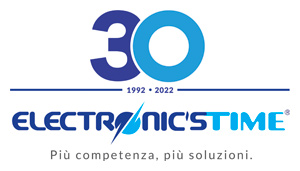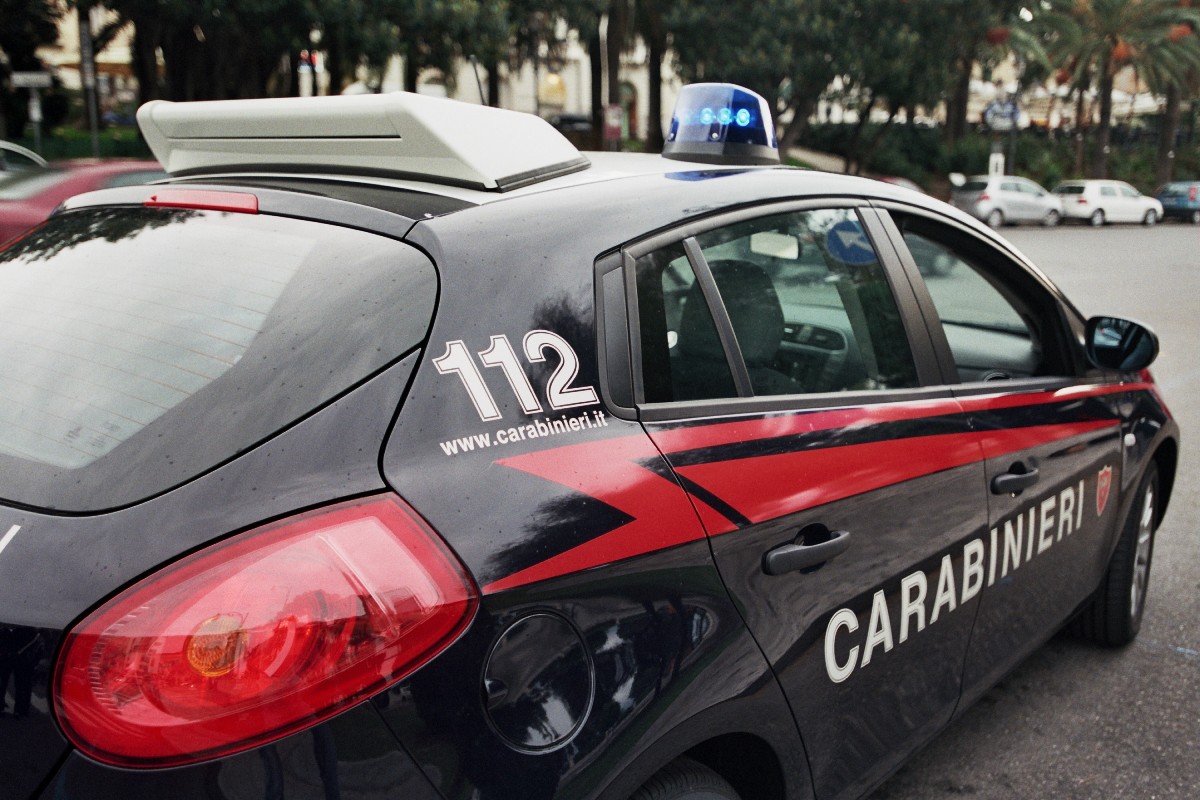
 Il ministro dell’Interno, Angelino Alfano, pochi giorni fa riferì di 3707 migranti minori che risultano scomparsi, fra gli oltre quattordicimila arrivati con gli sbarchi dello scorso anno. Uno su cinque, cioè, non si trova. Quello della tutela dei minori, nell’ambito di una più attenta politica europea in tema di aiuto alle frontiere continentali (prima fra tutte l’Italia) è un tema toccato anche dallo special rapporteurs dell’Onu, Crépeau. Di seguito un comunicato diffuso da Unicef Italia:
Il ministro dell’Interno, Angelino Alfano, pochi giorni fa riferì di 3707 migranti minori che risultano scomparsi, fra gli oltre quattordicimila arrivati con gli sbarchi dello scorso anno. Uno su cinque, cioè, non si trova. Quello della tutela dei minori, nell’ambito di una più attenta politica europea in tema di aiuto alle frontiere continentali (prima fra tutte l’Italia) è un tema toccato anche dallo special rapporteurs dell’Onu, Crépeau. Di seguito un comunicato diffuso da Unicef Italia:Secondo Crépeau l’Europa dovrebbe sostenere attivamente le operazioni di ricerca e soccorso, facilitando i ricongiungimenti familiari e suddividendo il numero delle richieste di asilo tra tutti gli Stati Europei poiché “il confine marittimo dell’Italia è una frontiera esterna europea comune: avere un confine comune implica una comune responsabilità“.
The increasing number of migrants and asylum seekers crossing the Mediterranean Sea in the last few months has resulted in a global humanitarian crisis which must have a global humanitarian response, United Nations human rights expert François Crépeau has warned today in Italy.
“This requires a new and concerted strategic approach by European States and international community,” the UN Special Rapporteur on the human rights of migrants said at the end of a follow-up official visit to Italy to assess new developments since his first country visit in 2012 and the initiatives taken by the Government in response to his recommendations.
Mr. Crépeau, who praised the country’s “extraordinary efforts” through its Mare Nostrum operation, urged the European Union and international community “to consider immediate options, such as supporting Italy in a robust search and rescue operations and, together with other Global North States, providing a significant resettlement program for refugees.”
“In 2014, Italy has saved the lives of over 150,000 people who attempted to cross the Mediterranean Sea, the lives of children, men and women – sometimes pregnant. Without such an extraordinary effort, these people would be dead,” he noted. “However, Italy’s operation to save lives has had to withstand criticism and lack of financial or human assistance from other European states.”
“The Italian government has been bold in its response to this humanitarian crisis, because not only have they been in the business of saving lives, but they have also had to do it alone and weather the storm of internal dissent which was skeptical about devoting 9 million Euros a month to the search and rescue operation at a time of high unemployment and economic crisis,” he said.
The Special Rapporteur noted that migrants and asylum seekers are fleeing conflict, violence and poor governance in search of a better life for themselves and their families. “More people are arriving at Europe’s borders because they rather risk their own death at sea or that of their children than to stay in their own country or in countries of transit,” he said. “This gives an idea of the level of desperation.”
“No matter which way we look at it, the situation comes down to one thing: migrants are human beings and, just like the rest of us, they too have rights. They too have the right to live and thrive,” Mr. Crépeau underscored.
The Mare Nostrum operation is coming to an end because of lack of funds and support from other countries in Europe. It will be replaced by EU Frontex operation Triton, which will be limited to defending Italy’s maritime border. “The fear is that, next summer, without an operation like Mare Nostrum, thousands of people will die. Turning a blind eye isn’t a solution: people will continue to cross and, because of Europe’s inaction, to die,” he warned.
“Although necessary, Frontex operations constitute an insufficient response when so many lives are at stake. Europe should actively support search and rescue operations, offer facilitated family reunification within Europe and share the number of asylum claims among all European States,” he stated. “Italy’s maritime border is a common European external border. Having a common border implies a common responsibility.”
The expert noted that Italy’s policy and programme response to migration continues to have human rights protection gaps. Italy must still make progress in a number of areas: refrain from pushbacks; ensure that adequate individual assessments are carried out upon arrival at the Italian reception centres, in order to identify particular vulnerabilities and support needs; as well as continue to reduce unnecessary detention, in particular through the adoption of alternatives to detention;
Mr. Crépeau also urged Italy to provide increased protection to vulnerable groups, such as unaccompanied minors through improved best interest of the child determination procedures, and facilitate access to justice, by simplifying judicial procedures and providing low-cost quality legal representation to migrants for all the procedures they need to go through.
“Italy has the responsibility of fixing these gaps. Europe has the responsibility of supporting such efforts,” he said.
The Special Rapporteur stressed the need to bring to justice unscrupulous smugglers for the suffering they inflict on migrants and asylum seekers, but warned that “Europe will find it difficult to defeat resourceful and adaptable smuggling rings, unless it destroys their business model, which was created when barriers and prohibitions were erected and which thrives at evading restrictive migration policies of many EU Member States.”
“One thing we have learnt since the tragedy of Lampedusa a year ago, is that repressive policies fail to deter irregular migration because hope is always stronger,” he noted. “Sealing international borders is impossible, and migrants will continue arriving despite all efforts to stop them, at a terrible cost in lives and suffering.”
“If Europe is to witness a significant reduction of human suffering at borders, it must bank on regulated openness and mobility. Otherwise the number of migrants risking their lives on unseaworthy vessels over perilous sea routes can only increase,” the expert said.
During his four-day follow-up visit, Mr. Crépeau met with a range of Government officials responsible for border management, international organisations, civil society organisations and migrant organisations, to discuss the complex management of the common European border in Italy.
A follow-up country mission report and a thematic report on EU border management will be presented to the UN Human Rights Council in June 2015.
François Crépeau (Canada) was appointed Special Rapporteur on the human rights of migrants in 2011 by the UN Human Rights Council. As Special Rapporteur, he is independent from any government or organization and serves in his individual capacity. Mr. Crépeau is also Full Professor at the Faculty of Law of McGill University, in Montréal, where he holds the Hans and Tamar Oppenheimer Chair in Public International Law. Learn more, log on to: http://www.ohchr.org/EN/Issues/Migration/SRMigrants/Pages/SRMigrantsIndex.aspx
In 2012, the Special Rapporteur undertook a one-year comprehensive study to examine the rights of migrants in the Euro-Mediterranean region, focusing in particular on the management of the external borders of the European Union. Starting with a visit to the EU authorities in Brussels, Mr. Crépeau also visited Turkey, Tunisia, Greece and Italy. (His reports can be found at: http://www.ohchr.org/EN/Issues/Migration/SRMigrants/Pages/CountryVisits.aspx
Read the International Convention for the Protection of the Rights of All Migrant Workers and Members of their Families: http://www.ohchr.org/EN/ProfessionalInterest/Pages/CMW.aspx
– See more at: http://www.ohchr.org/EN/NewsEvents/Pages/DisplayNews.aspx?NewsID=15386#sthash.W8pwsxXW.dpuf








